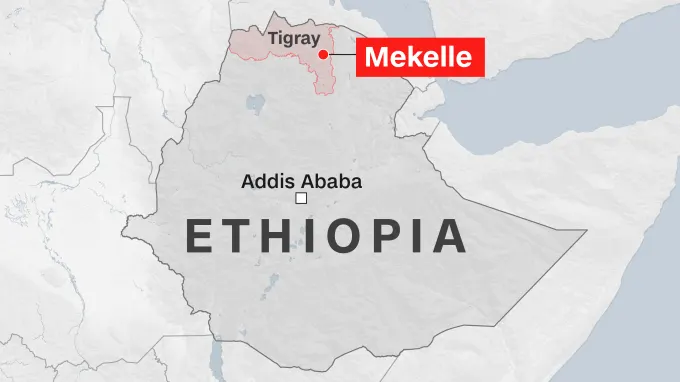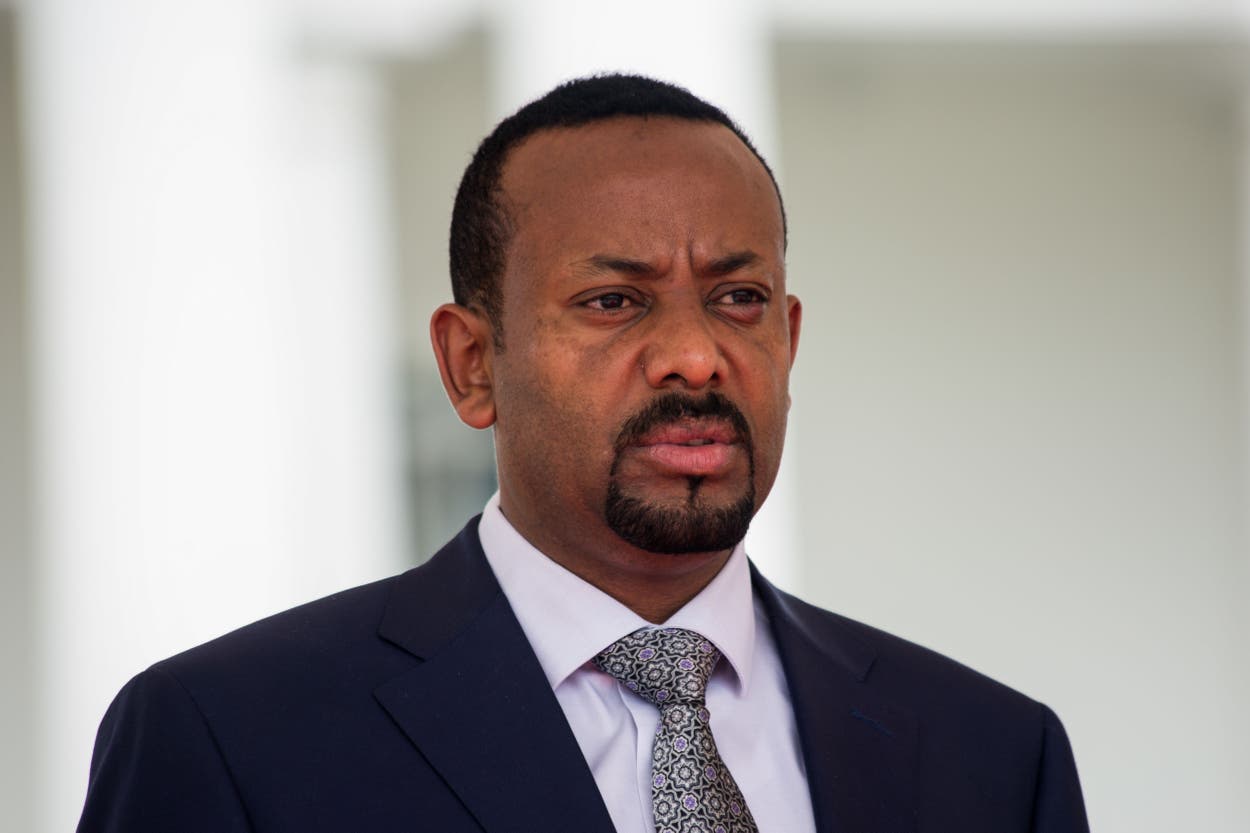By HANA-MARIAM TESHOME
President Isaias Afwerki speaking on state television on Saturday night said the underlying cause of the recurring tensions and conflicts in Ethiopia and with its neighbors is the result of the Ethiopian constitution adopted in 1994.
As he said, “The root cause of the periodic tension and conflicts in Ethiopia as well as with its neighbors is the institutionalized policy of ethnic polarization enshrined in the constitution of the country. This is a recipe for perpetual tension and cannot certainly promote nation-building.”
Isaias argued that Ethiopia’s failure to resolve its internal divisions means it will be unable to contribute positively to regional peace, cooperation, or development.
Reflecting on the historical context, Isaias described the 1998 border war between Eritrea and Ethiopia as a direct consequence of this flawed policy.
He further elaborated, “The border war between Eritrea and Ethiopia in 1998 on a presumed dispute in Badme was, in essence, a byproduct or fallout of this misguided policy.”
Eritrean president went further to touch on the recent conflicts in Ethiopia which erupted following the installation of Abiy Ahmed’s government and his reform agenda.
He accused the Tigray People’s Liberation Front of opposing the reforms.
As he said “The war that erupted after the installation of a new Federal Government with a pronounced policy of reform must also be seen within the same context.”
“The TPLF rejected the reform agenda and opted for war which included attacking more than 70 targets in Eritrea with long-range rockets. Our pleas for them to refrain from unleashing this reckless war came to no avail.” He added.
President Isaias also expressed his concern regarding the ongoing conflict between the Fano (Amhara armed group) and the federal government in the Amhara region.
He said “Even after the Pretoria Agreement, we have seen a new round of conflicts in the Amhara Region. Without going into extensive details, we have no interest in digressing into acrimonious allegations. Our primary preoccupation has always been to prevent and avoid costly wars.”
During the interview, Isaias talked about shifting political dynamics in the Horn of Africa, especially the axis grouping Eritrea, Egypt, and Somalia.
He stated that cooperation at the regional level is in place and expressed that its approach in handling relations revolves around stability and peace.
Isaiyas said “Eritrea’s core interests and attendant constant policies are predicated on fostering and pursuing an agenda of promoting stability, cooperation and complementarity in the wider Horn of Africa, Nile Basin and Red Sea neighbourhood.”
The president emphasized that Eritrea does not have an interest in the destabilization of Ethiopia; it is actually its core foreign policy interest to see regional stability, cooperation, and complementarity.
“Eritrea has absolutely no desire to see Ethiopia enter into instability,” he said.
“Alluded to the intensive distortion and disinformation campaigns peddled in mainstream and social media on the event by external powers/pundits bent on stoking conflict in the region. These did not emanate from genuine concern for Ethiopia.”, he added.
The President underscored that what was ultimate for Eritrea is to work for cooperation among all the countries in the Horn of Africa, Nile Basin, and Red Sea region in ways that reduce mistrust and create a conducive climate for positive interaction.
Finally, Isaias pointed his commitment to preventing conflict and promoting regional stability. “We will not lose hope, and we have to work for and foster stability, cooperation, and complementarity in the region,” he concluded.
Although the Ethiopian government has not yet acknowledged the escalating tensions between the two nations, Eritrea has admitted that its relationship with neighboring Ethiopia is “deteriorating”.
This is the first time for Asmera to break the silence via its ambassador to South Sudan, Mr. Yohannes Teklemichael.
The Eritrean diplomat blamed Ethiopian prime Minister Abiy Ahmed for deterioration in the relations between the two East African nations.
In an interview with Eritrean embassy YouTube channel in Uk, which was taken hours after the video was made public, Yohannes Teklemichael, Eritrea’s ambassador to South Sudan, admitted that the once strong ties between the two countries had “deteriorated.”
The Eritrea’s ambassador highlighted that Eritrea’s relations with South Sudan remain cordial, emphasizing a positive diplomatic atmosphere.
However, regarding Eritrea’s relationship with Ethiopia, the ambassador noted that the ties between the two nations have changed, stating that they “are not what they used to be.”
The ambassador directly blamed Ethiopian Prime Minister Abiy Ahmed for the deteriorating relations between Eritrea and Ethiopia.
“The problems created by the Prime Minister have killed and buried the relationship between the peoples of Eritrea and Ethiopia,” he said.
The ambassador criticized Abiy’s ambitions regarding seeking access to a Red Sea port, describing them as an “unrealistic dream” that threatens Eritrea’s sovereignty and is destabilizing the region.
The ambassador officially accused Ethiopia under PM Abiy of contributing to instability in the region.
“The Prime Minister has destabilized the region. Not only did he destabilize it, but … he’s trying to run the country based on a dream” he added.



